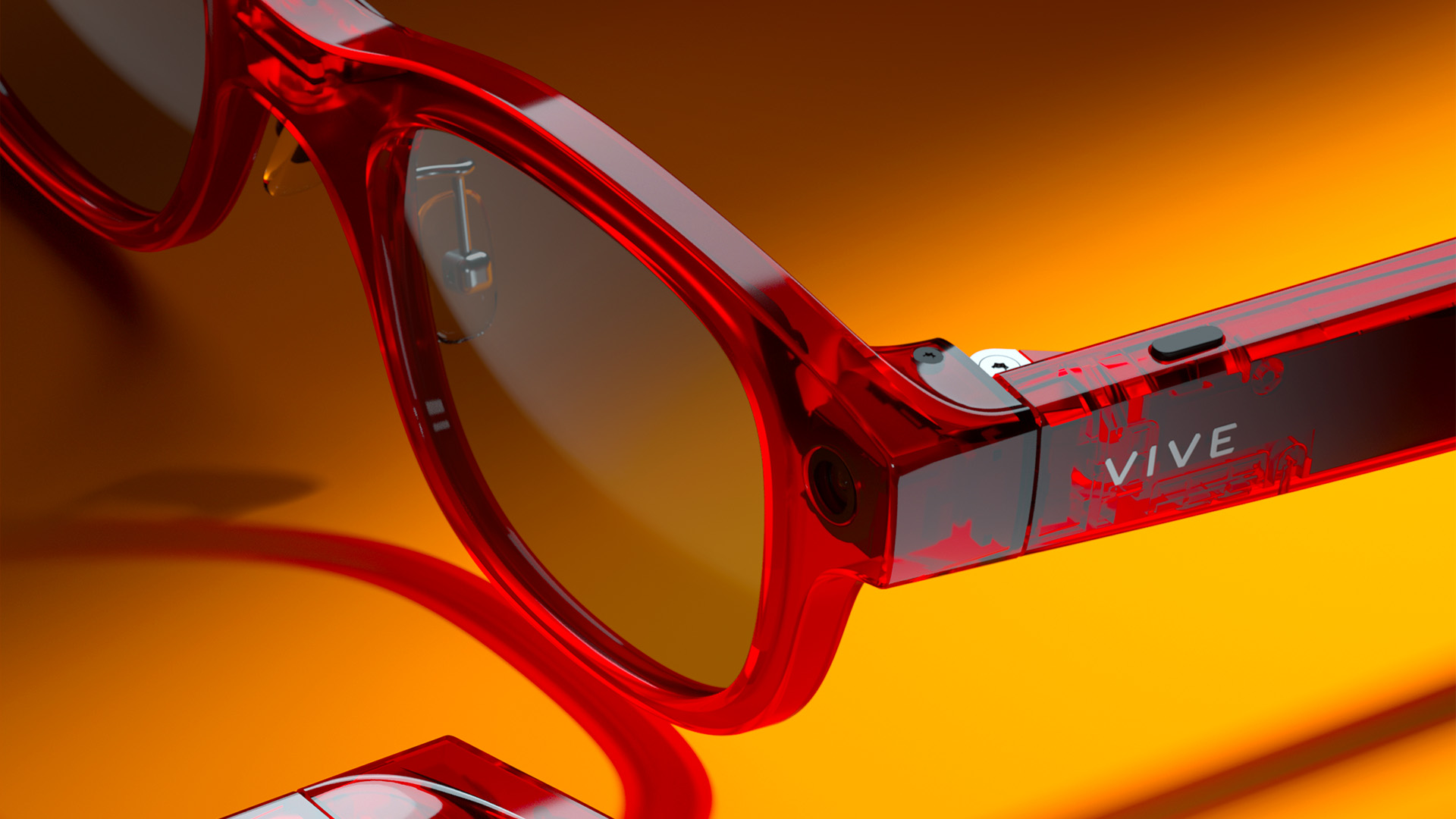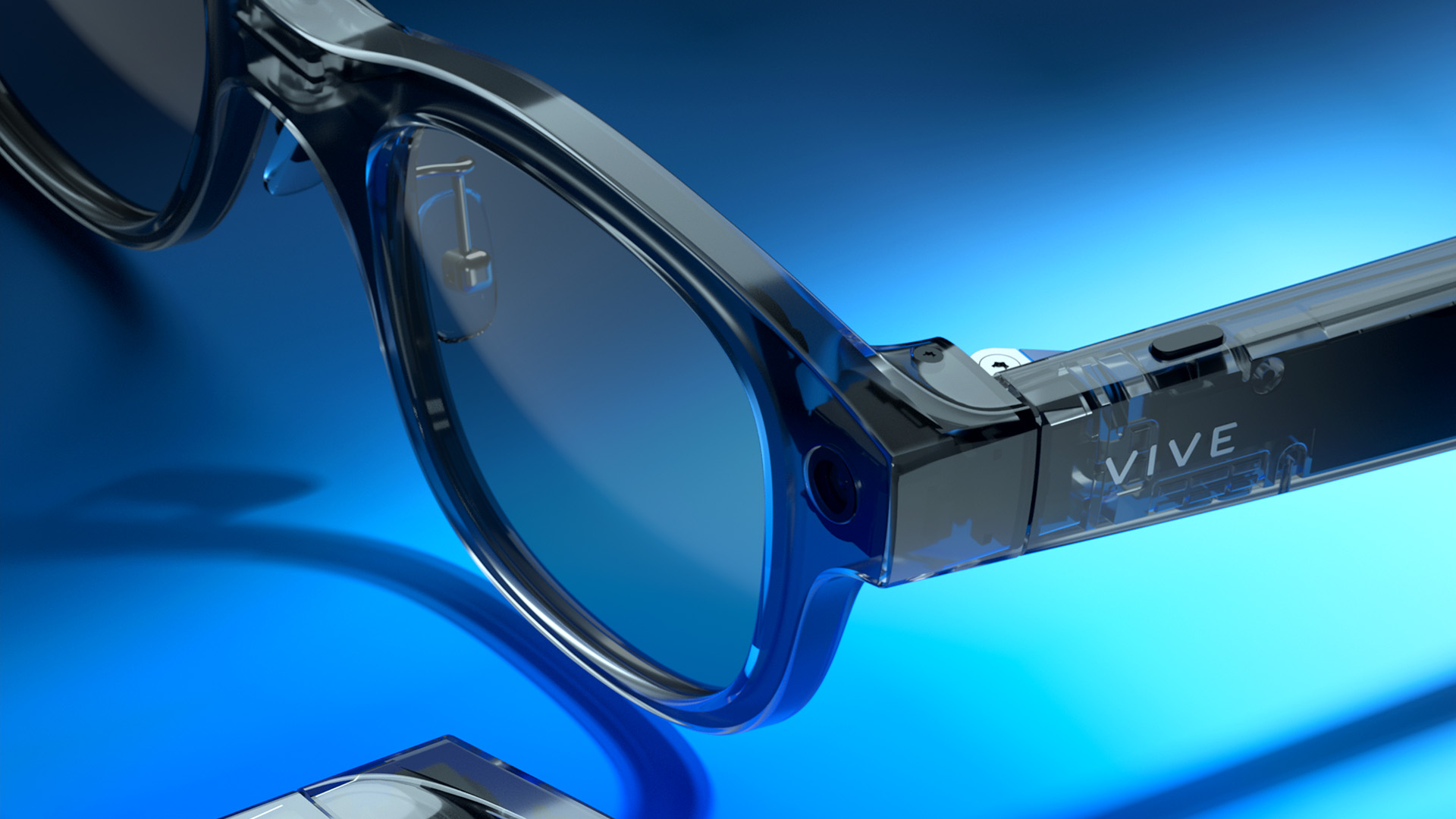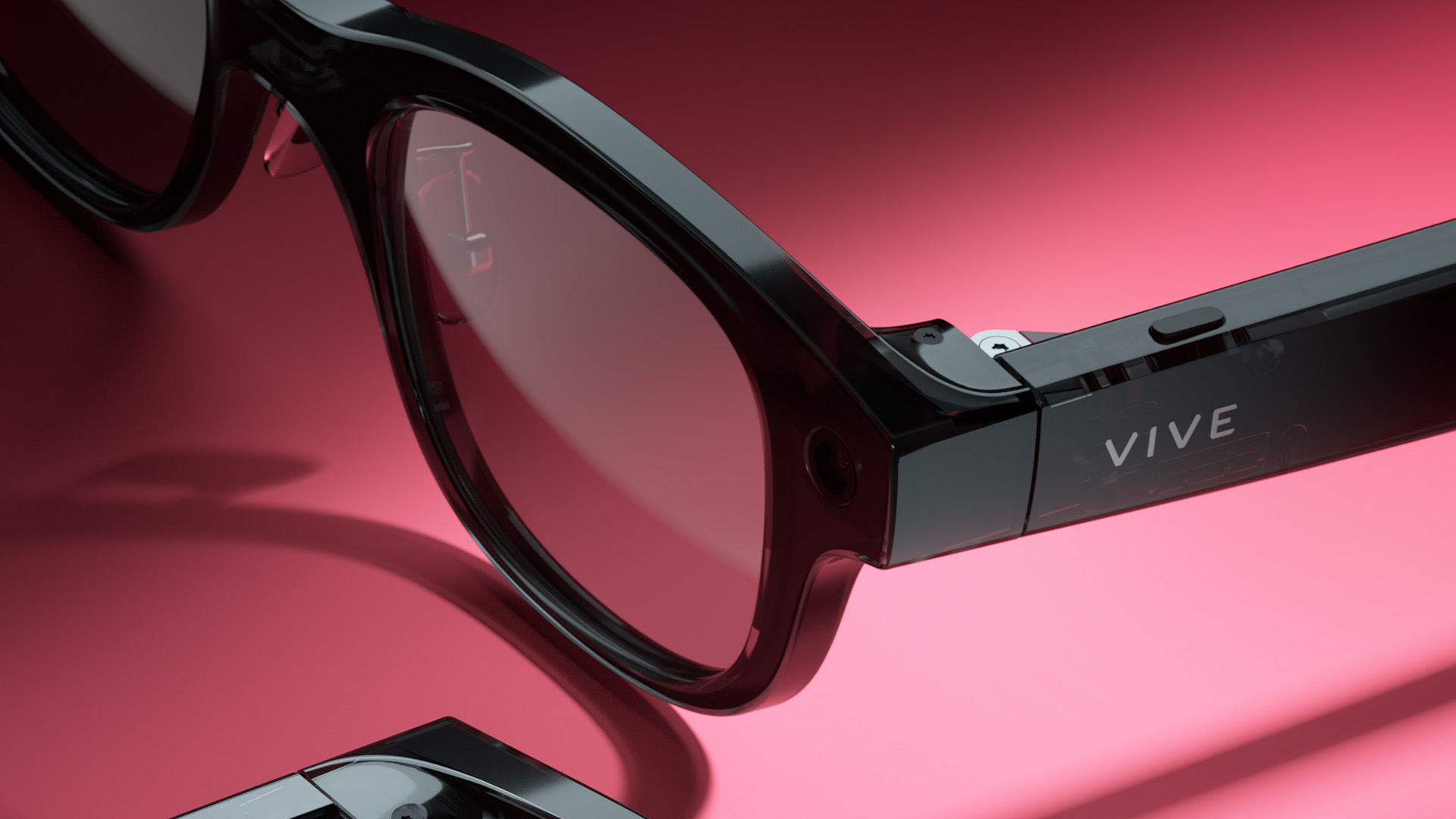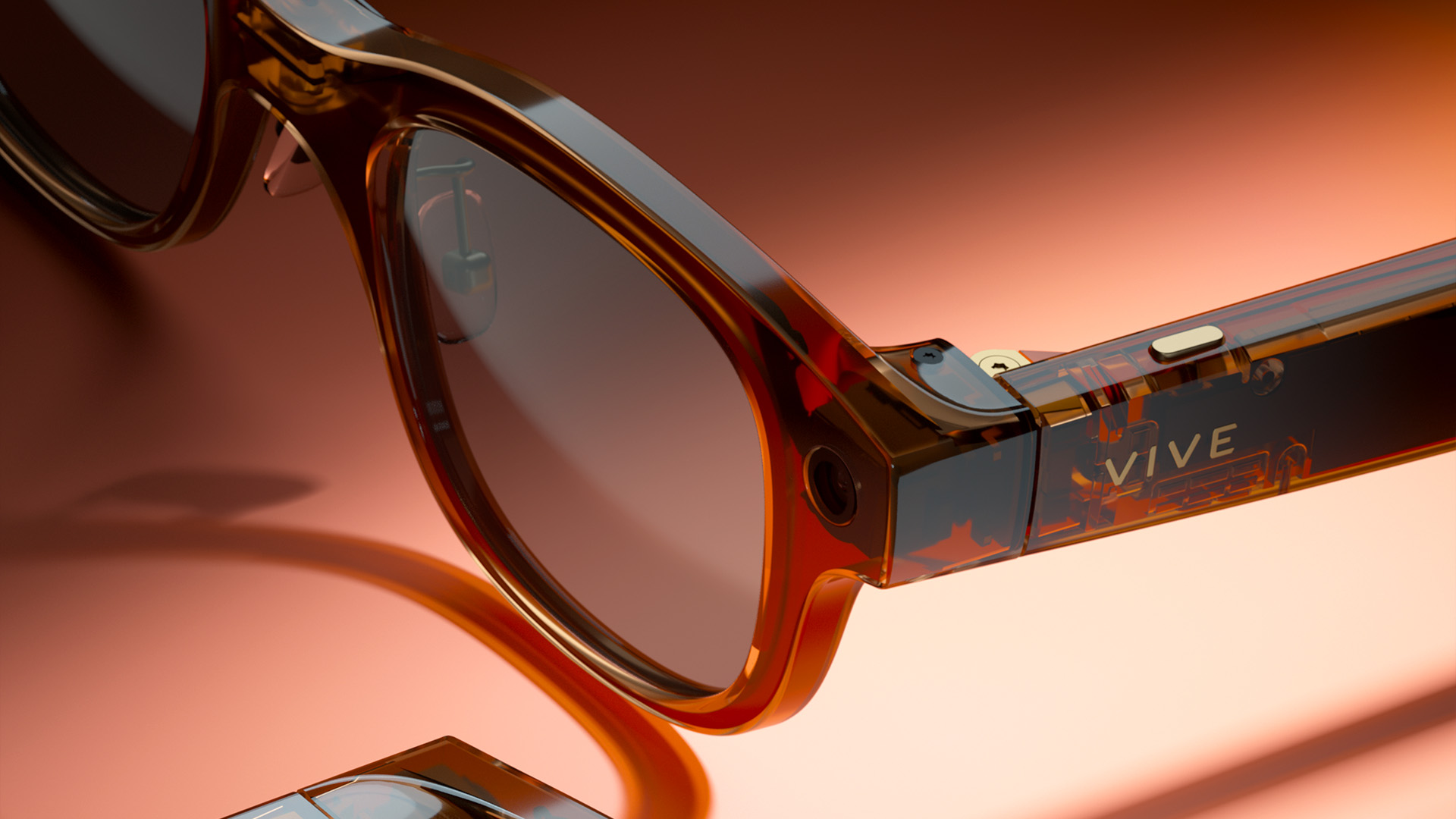Move over Meta, HTC just dropped its AI glasses in a shock move
Vive Eagle swoops into the market


Get all the latest news, reviews, deals and buying guides on gorgeous tech, home and active products from the T3 experts
You are now subscribed
Your newsletter sign-up was successful
The market for AR glasses is a deeply curious one that's arguably waiting to explode into life – but HTC might have just declared a new phase. It's announced the Vive Eagle, a new set of AR sunglasses that seem primed to take on Meta's AI glasses, but without a big-name sunglasses brand to team up with.
Where Meta mainly uses Ray-Ban, HTC has instead designed its own glasses – and, to be honest, they look more than a little like Ray-Bans themselves. Crucially, they also weigh almost exactly the same as Meta's glasses, at 49g, which means they should compete on comfort and wearability.
HTC's glasses come in a range of colours, including what HTC is calling Berry, Black, Coffee, and Grey. Each of these has a transparency to it, though, which lets you peek into the glasses' internals and see components if you look closely. For weatherproofing, the Vive Eagle has a rating of IP54 dust and water resistance, which should be enough for most weather.




The glasses run on the Qualcomm Snapdragon AR1 Gen 1 chip, which isn't the newest, having launched in 2023. They'll sport a 12MP ultrawide camera system for first-person videos and photos – with a video limit of 1512 x 2016 resolution at 30 fps. There's a capture LED to let people know if you're recording, just like Meta's glasses, too, and it'll shut off recording if obscured.
Voice control is here, too, as you'd expect given the form factor. It'll let you activate Google Gemini hands-free for queries and requests, while ChatGPT is on its way and currently undergoing beta testing. For direct control of the device itself, you can just use the prompt, "Hey Vive", and command it to take a photo, for instance.
Along those same lines, HTC's built in a Vive AI feature to enable real-time translation in 13 languages at launch, which could be very handy for travel. It also says that all user data will be stored only locally on the device, to allay fears about privacy.
In terms of battery, the glasses will last up to 36 hours on a charge if you're leaving them on standby. Get more active and that'll shrink a lot – you can get up to 4.5 hours of music playback using its built-in speakers, or around 3 hours of voice calls (it has microphones, too, of course).
Get all the latest news, reviews, deals and buying guides on gorgeous tech, home and active products from the T3 experts
The launch here isn't too simple, though. For now, the glasses are only available to pre-order in Taiwan, directly through HTC. They're priced at NT$15,600, which comes in at around £383, €445 or $520, which makes them a good chunk more expensive than Meta's more established glasses. Whether this will actually be their international pricing is hard to gauge.
It'll be very interesting to see how HTC plays things in terms of rolling out the Vive Eagle further. Relatedly, we're expecting an updated version of the Meta Ray-Bans in the relatively near future, and how they stack up to these new glasses will be curious, too. I'd expect them to be cheaper and more widely available, but there's no way of knowing until announcements are made.

Max is T3's Staff Writer for the Tech section – with years of experience reporting on tech and entertainment. He's also a gaming expert, both with the games themselves and in testing accessories and consoles, having previously flexed that expertise at Pocket-lint as a features editor.
You must confirm your public display name before commenting
Please logout and then login again, you will then be prompted to enter your display name.